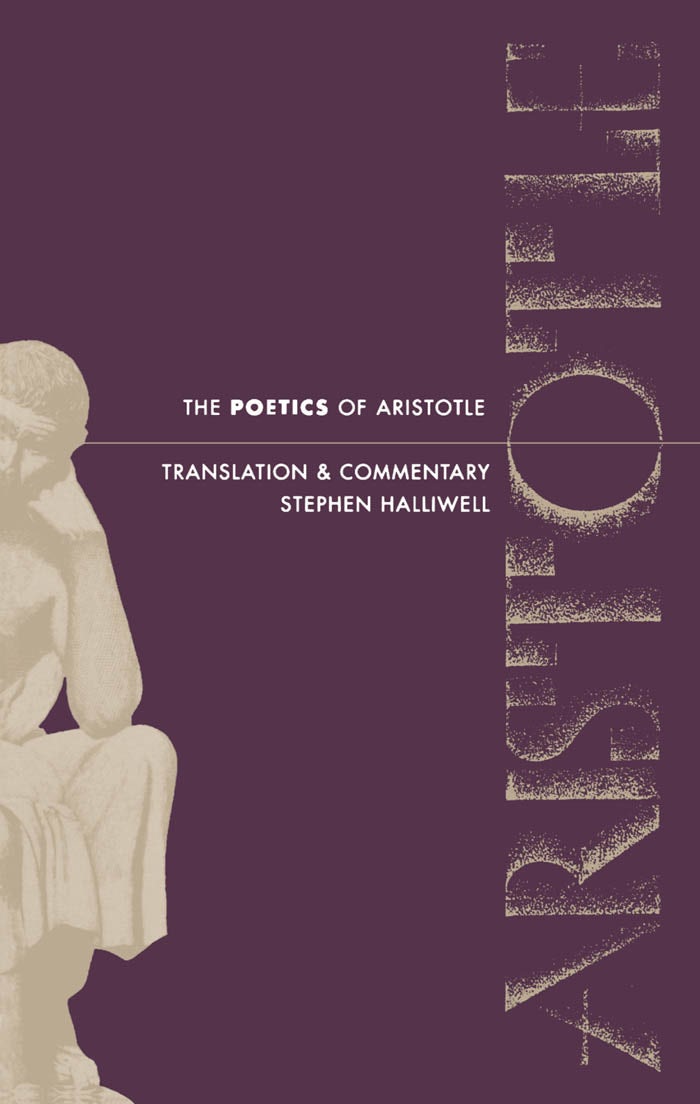
At less than fifty pages (not including the ancillary material you’ll find with many editions) it’s a quick read, and while it’s a bit dry at times, it’s not brutal by any means. I was surprised how relevant this book remains, considering that it’s perhaps the first extant book of literary theory. Perfect characters are boring and bad characters get what they have coming in a tragedy. With respect to character, Aristotle tells about the kind of character that generates the best story, and it’s the same advice one sees in writing books today that talk about flawed but good characters.

For example, with respect to plot, Aristotle writes at length about reversals and recognition (the moment a character discovers some key piece of information,) telling us a little about how these actions best work. A good bit of the work is devoted to breaking down these elements. plot, character, diction, thought, spectacle, and song,) and that they are of importance in more or less that order. Second, there is the idea that there are six crucial elements of a tragedy (i.e. Aristotle believed there was in fact something, and it was catharsis, the purging of emotions through vicarious living. That is, there was a risk that young and impressionable minds would take away the wrong lessons, and there wasn’t much to counterbalance that risk. For his teacher, Plato, the stories conveyed via poetry were all risk and no reward. First, there is the idea that stories provide catharsis. But the work is probably most famous for two ideas. This short book is organized to dissect tragedy along many lines, laying out the four kinds of tragedy (complex, pathetic, ethical, and simple,) the segments of a tragedy (prologue, episode, exode, choric song, parode, and stasimon,) etc.

Plato,) it is surprisingly readable and much of the information presented has aged well.

Considering the age of this book and that it came from the student of one who was not a fan of poetics at all (i.e. “Poetics” is the surviving volume of Aristotle’s guide to literary criticism.


 0 kommentar(er)
0 kommentar(er)
